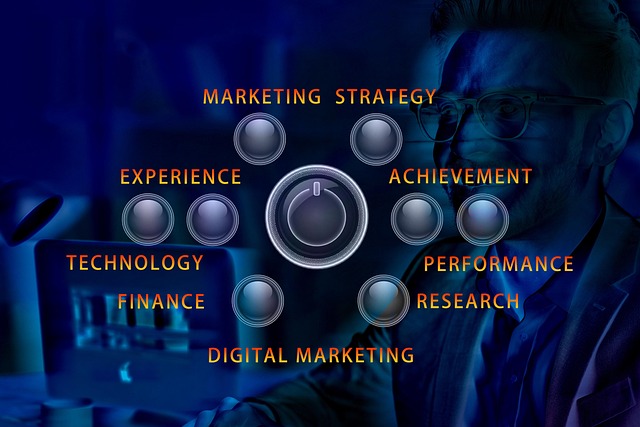AI seafood freshness monitoring systems revolutionize the industry by ensuring peak freshness, minimizing waste, and optimizing energy usage. These advanced technologies predict optimal dining experiences, streamline restaurant operations, and cater to eco-conscious consumers, while promoting sustainable practices in seafood cuisine.
“Unleashing a new era in culinary innovation, AI is transforming the way we experience seafood. This article explores how advanced technology is revolutionizing seafood cuisine through AI seafood freshness monitoring systems. By focusing on energy-efficient cooking, these intelligent systems not only maintain superior seafood freshness but also contribute to sustainability. We delve into their impact on food service operations, revealing how they optimize every step, from kitchen management to sustainable dining experiences.”
- Revolutionizing Seafood Cuisine: AI's Role in Freshness
- Energy-Efficient Cooking: A Sustainable Approach
- Smart Systems: Optimizing Food Service Operations
Revolutionizing Seafood Cuisine: AI's Role in Freshness

The future of seafood cuisine is being rewritten by Artificial Intelligence (AI), with a focus on revolutionizing how we think about freshness and sustainability. AI seafood freshness monitoring systems are at the forefront of this culinary evolution, ensuring that diners receive the freshest catch while minimizing waste. These innovative technologies employ advanced algorithms and sensors to track and analyze the quality of seafood from the moment it’s caught until it reaches the table.
By continuously monitoring vital signs such as temperature, oxygen levels, and time since capture, AI systems can predict with remarkable accuracy when seafood will reach its peak freshness. This not only enhances taste but also reduces environmental impact by optimizing storage and transportation methods, ultimately contributing to a more sustainable seafood industry.
Energy-Efficient Cooking: A Sustainable Approach

Energy-efficient cooking is a sustainable approach that is revolutionizing the culinary landscape, especially in the seafood industry. By leveraging advanced technologies like AI seafood freshness monitoring systems, restaurants can significantly reduce their energy consumption and environmental footprint. These intelligent systems optimize cooking processes by precisely controlling temperature and humidity, ensuring optimal conditions for each dish while minimizing waste.
This not only extends the freshness of seafood but also enhances flavor profiles. Furthermore, energy-efficient cooking methods, such as induction cooktops and steam ovens, have been shown to reduce power usage by up to 50% compared to traditional equipment. As a result, AI seafood restaurants are not only contributing to sustainability but also creating a unique selling proposition that appeals to environmentally conscious consumers.
Smart Systems: Optimizing Food Service Operations

AI seafood restaurants leverage smart systems, including advanced AI seafood freshness monitoring systems, to optimize food service operations. These technologies play a pivotal role in ensuring optimal dish quality while minimizing food waste. By continuously tracking and analyzing inventory levels, these systems predict demand patterns with remarkable accuracy, enabling efficient ordering and storage practices. As a result, fresh ingredients are kept for precisely as long as needed, reducing spoilage and enhancing overall sustainability.
Moreover, smart systems streamline kitchen processes through automated task management and precise temperature control. This not only speeds up service but also ensures consistent cooking quality. AI algorithms can even learn from customer preferences, suggesting menu items tailored to individual tastes and dietary needs, thereby enhancing the dining experience without compromising energy efficiency.
AI is not only transforming the way we enjoy seafood by ensuring AI seafood freshness monitoring systems maintain optimal conditions but also plays a significant role in energy-efficient cooking. By adopting smart, automated systems, restaurants can optimize their food service operations, reduce waste, and lower energy consumption, contributing to a more sustainable future. This innovative approach not only benefits the environment but also enhances the overall dining experience for folks who appreciate fresh, high-quality seafood.
